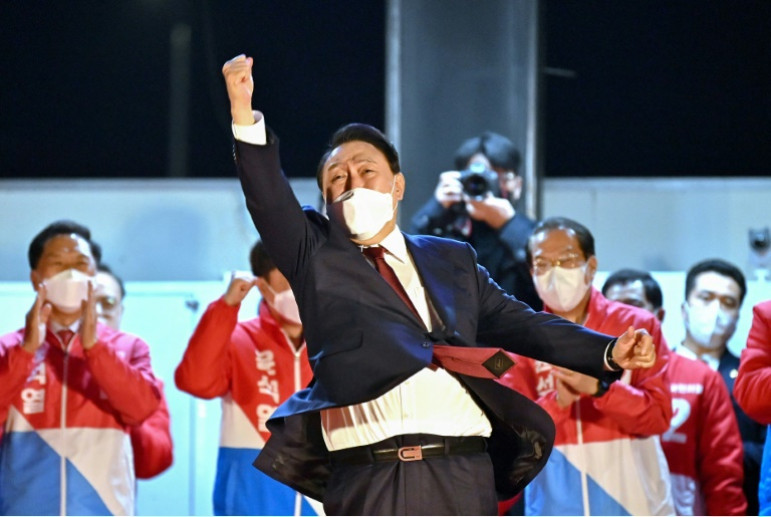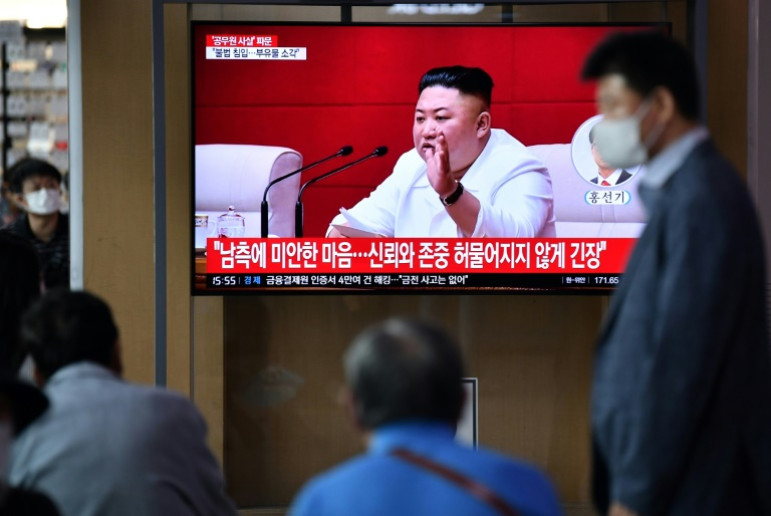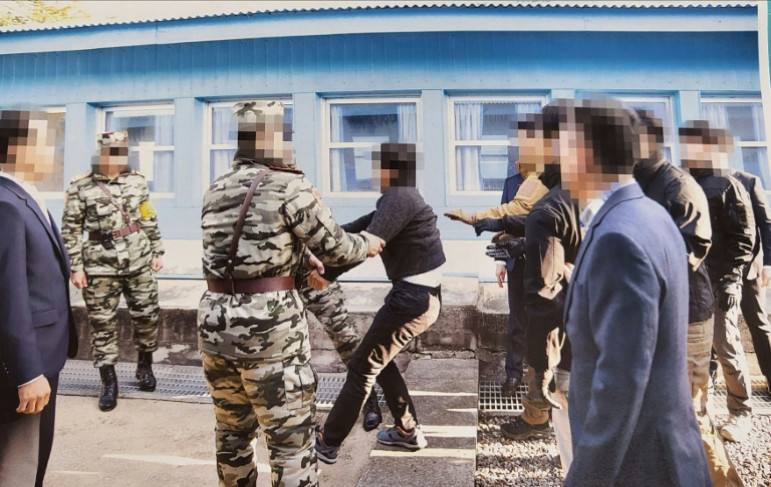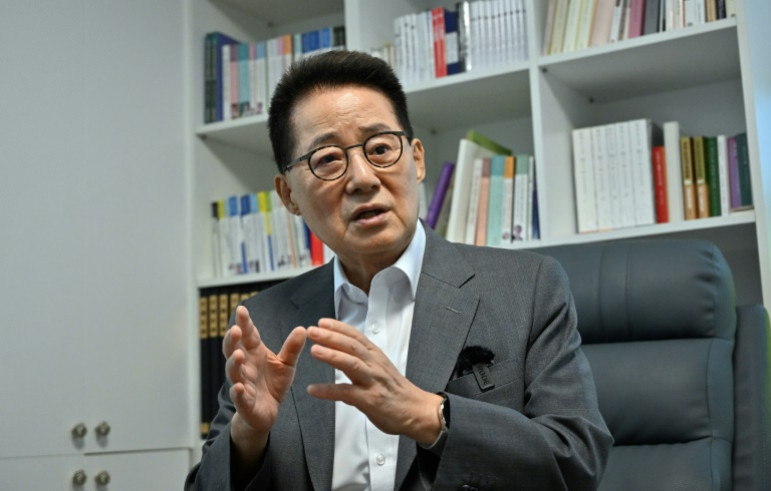Forced abroad, Russian independent media continue fight against censorship
Russia has sentenced a former star journalist to jail and revoked the license of a Kremlin-critical newspaper, further tightening the screws on independent media. Getting uncensored information is harder than ever.

Russian journalist Ivan Safronov was sentenced to 22 years in prison
Can you still get independent information and news in Russia? Hasn't everything been censored and shut down since the invasion of Ukraine in February, at the very latest? Such questions have surfaced again against the backdrop of two recent court verdicts in Moscow.
On Monday, a court found Ivan Safronov, a 32-year-old former star journalist and advisor at the Russian space agency, Roscosmos, guilty of treason. The charges were ostensibly related to an article he had written about the Russian arms industry.
The severity of his sentence — 22 years in jail — is unusual even by Russian standards, DW columnist Ivan Preobrashensky wrote for DW's Russian-language website. It suggests that "independent journalism in Russia [is] as good as dead."
Russian political expert Dmitry Oreshkin echoed the view. "It sends a clear signal to everyone — keep quiet," he told DW. The sentence punishes Safronov for daring to "talk about the actual circumstances," he added.
Riga: A new home for exiled Russian media
The same day Safronov's ruling was handed down, a different court revoked the print license of Novaya Gazeta, a renowned newspaper that is critical of the Kremlin. Its editor-in-chief, Dmitry Muratov, was awarded the Nobel Peace Prize in 2021. The paper had already suspended operations in March after receiving warnings from Roskomnadzor, Russia's media oversight agency. The decision regarding the print license came just days after the death of one of the newspaper's founding members: Former leader of the Soviet Union Mikhail Gorbachev.

Dmitry Muratov, editor-in-chief of Novaya Gazeta and the 2021 Nobel Peace Prize winner
Founded in 1993, Novaya Gazeta was for decades considered a flagship publication in Russia. In a statement, the newspaper's editorial team compared the court ruling to "newspaper murder" and promised to carry on: "Intellectual freedom will spread where and how it chooses."
For most media critical of the Kremlin, this means going abroad. Part of Novaya Gazeta's editorial team founded an offshoot in April in Latvia's capital, Riga.
This is also where Dozhd, or TV Rain, the most famous Kremlin-critical online television network, has been broadcasting since August. It, too, ceased operations in Russia just a few days after the invasion of Ukraine; its website was blocked. At the time, Russia's media laws were being drastically tightened. Today, whoever criticizes the war in Ukraine risks a prison sentence of up to 15 years.
The liberal radio station Echo of Moscow, one of the few voices that was critical of the Kremlin, was shut down around the same time as TV Rain. Up until then, it had been allowed to broadcast nationally. Many of its employees have since left Russia and now run their own channels through social media.
Novaya Gazeta and TV Rain are following in the footsteps of Medusa, one of Russia's most popular online outlets. It was founded by liberal Russian journalists in the Latvian capital in 2014, after Russia's annexation of Crimea.

When Dozhd, or TV Rain, closed down in 2022, Russia lost its last independent television station
Using YouTube to evade censorship
For these media companies and many others, YouTube is playing an increasingly important role. Anyone in Russia seeking independent information cannot avoid turning to the video platform. That's because Russian authorities cannot selectively block it. With over three million YouTube subscribers, TV Rain is the most successful exiled Russian-language broadcaster. The messenger app Telegram is also a popular source for uncensored news.
It is also possible to use VPN (virtual private network) software to sidestep the actual censorship. Content from Deutsche Welle, which has been blocked in Russia since early 2022, is available in this way. British newspaper The Times reported in June that the number of VPN users in Russia had reached 24 million, 15 times the amount prior to the invasion of Ukraine.
In Russia, free speech barely exists anymore. Only a select few online media dare to produce critical reports. The Kommersant newspaper, where Ivan Safronov used to work, wrote an open letter addressed to him: "We did not hear any public evidence of your guilt and we are sure: In another time, in another country, you would have been acquitted."
The paper's editorial team praised his behavior during his two-year pre-trial detainment, describing him as a model of "integrity," and promised to wait for him. Safronov denies all charges.
This article has been translated from German.




























